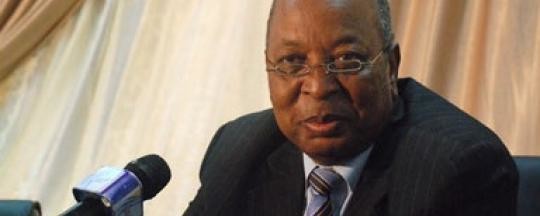A senior finance official said on Saturday that the South Sudanese government plans to reduce public expenditures such as travel because of declining oil revenues.
Deputy Finance Minister Mary Jervas Yak said the current low global oil price and reduced oil output in South Sudan would further dampen government revenues as productivity of the oil sector was expected to be hurt.
She said there was need for the country to cut back on recurrent expenditures such as trips for bureaucrats. This would help to deal with the country’s surging financial deficit that was expected to rise further on reduced government revenues.
The government, she said, had projected the net oil to be 24 billion dollars in the 2015/2016 budget at a price of $45/bbl but obligations to pay the Sudanese government at $24.1/bbl, oil producing states and communities at $2.5/bbl, and oil companies take about $10.3/bbl as well as repayment of loans taken as advances on oil sales in 2013 would leave only $8.1 per barrel for the government.
“This was why the ministry projected a fiscal deficit of SSP 7.0 billion in the 2015/2016 budget,” said the deputy minister on Saturday.
Yak was reacting to a question asking what the government has put in place as a strategy to deal with declining economy, following reports that the government failed to secure loans from oil companies to help cover the fiscal deficit.
“Our plan is to reduce the expenditures. We need to slow down on certain activities to ensure that we are within the parameters of what we can expend without having a big impact on the deficit,” said Yak. “There are a number of activities under recurrent expenditure. We will cut on the issue like travel and other non-priority areas. But of course, there are certain activities we can’t forego.”
She further admitted that the current global oil price falls was way below what the government earlier forecast. “We had anticipated that oil prices will decline but not at these levels,” she said. “So what we do now is to take a relook at the figures and my take is that revenues that we are going to take are going to decline.”
Commodities such as crude oil have fallen to new lows this year owing to surging production in some countries such as the United States, driving down the price elsewhere.
Photo: Finance Minister-designate David Deng Athorbei




